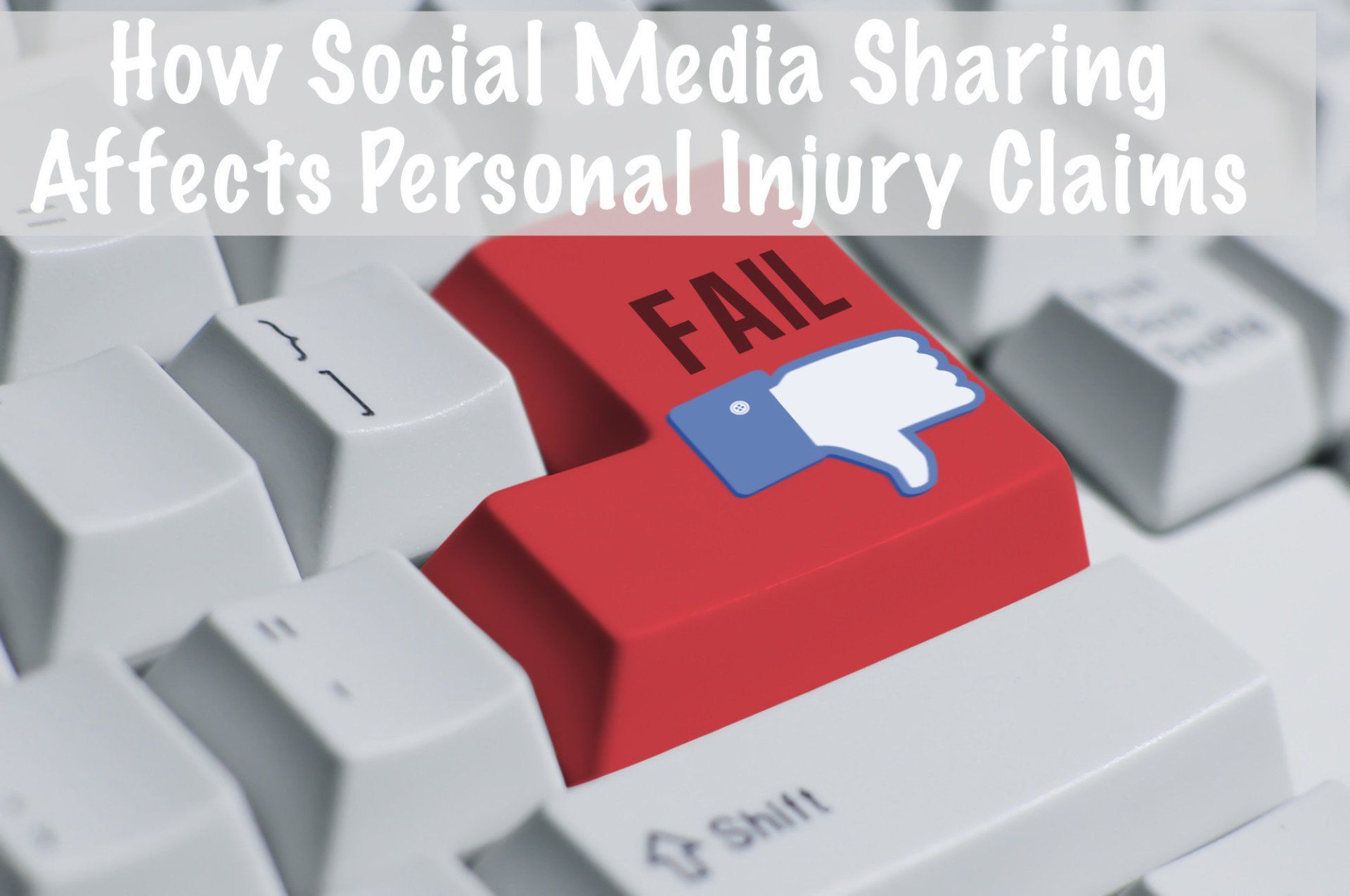Is There a Worker's Comp Statute of Limitations for Filing a Claim?
Is there a worker's comp statute of limitations? There sure is. Read on to find out what you need to know about filing your claim in a timely manner.
There were 2.8 million nonfatal work-related injuries and illnesses reported in 2017.
If you are suffering from a work-related injury, you might be wondering about your options.
First things first.
Every legal claim has a statute of limitations for claims to remain valid. This is a legally imposed deadline. For worker's compensation, everything you do immediately after injury is important.
Keep reading to discover the worker's comp statute of limitations and how to make a claim.
What is Worker's Compensation?
Worker's comp is payment for injuries or illnesses sustained while you are on the job. Employers carry worker's comp insurance in the event that an accident happens.
It covers medical costs, lost wages, ongoing care, funeral costs, death benefits, and legal fees.
Common Misconceptions About Workers Comp
There are plenty of reason's people hesitate to file an injury claim. You may have some limiting beliefs about what you can receive. Here are some of them:
Independent Contractors Can't File
There are some exceptions to rule when it comes to independent contractors. These rules vary by state. Check with your state labor board if you feel you have a claim.
There are cases where employers purposely misclassify employees as independent contractors. They do this to avoid taxes and insurance claims. This practice is illegal in most states.
Insurance exists for independent contractor worker's comp claims. Check with your provider if you are a business owner and are unsure of how to classify an employee.
Your Employer Has Your Best Interest in Mind
If you have been with your employer for a long time it's likely you have a great relationship. Don't assume that they will do what's best for you when a claim arises. When money and job security become a factor, you can find yourself at the end of a cold shoulder.
It's Not Worth the Effort
If you were injured at work, claims are worth filing. Even if you are afraid you don't qaulify or your claim is denied. There are measures you can take receive compensation for injury.
You Can Be Fired for Filing a Claim
It is illegal for you to be fired for filing a workers comp claim. However, if you are given a drug test and it comes up positive, an employer can fire you for breach of policy.
Only Treatment is Covered
Worker's comp covers medical transportation, consultations, as well as treatment and lost wages. In some cases, death benefits are paid to the family of the deceased.
How to Apply for Workers Compensation
The first step in filing a claim for worker's compensation is to notify your employer. The amount of time varies by state with anywhere from a few days to a 1-year deadline. Check with your local labor board for specifics.
In Missouri, you have 30 days.
If required, you need to get immediate medical attention.
After informing your employer they should give you some forms to fill out. These forms will be submitted to the insurance agency. Some states require that you also file a claim with the state worker's compensation board.
The next step is the insurance investigation. They are required to inform you of their decision within 2 to 4 weeks. You will start receiving benefits if your claim is approved.
Is There a Worker's Comp Statute of Limitations?
The short answer is yes.
The statute of limitations varies by state. The employee or their family must file within a certain amount of time. It is typical to have up to 1 year to file after the last date of payment.
In Missouri, you have up to 2 years after the date of injury or 1 year after the last payment. The later of the two is your guideline.
Be mindful of the limitations of filing. It is necessary for the employee to first inform their employer of the injury within 30-45 days. Going any longer than this will make it difficult to make a claim.
The best way to inform your employer is in writing. This will serve as proof that the employer had knowledge of the injury.
You can file for workers compensation as soon as you become ill or injured. Waiting too long can negatively impact the chances of your claim being approved.
What if My Claim is Denied?
Your worker's compensation denial letter should contain a reason for the denial. If you disagree with the claim you can file an appeal. Often the denial includes instructions and deadlines for appeals. Each state has a different procedure.
The Missouri state board has a brochure for the appeal process.
Avoid the most critical mistakes people make after a work-related injuries.
Common reasons worker's comp is denied:
Lack of medical treatment - If you are injured at work or become ill, don't try to tough it out. Get medical treatment immediately. You will normally need medical treatment in order to get compensation.
Horseplay - Acting in a way that is dangerous can lead to a denied claim. You may still have a claim if your employer was aware of the behavior and tolerated it
Waiting too long to report an injury or file a claim - Failure to follow deadlines could leave you with a denied claim.
Not work-related - Your claim may be denied if there is not enough evidence that the injury was work-related.
How to Tackle the Court Process
The worker's comp statute of limitations is a looming deadline that must be followed. In some cases, you can still file a claim but it is far easier to do it within the time constraints.
The process of filing and appealing get complicated. Not having someone to advocate for you can result in you losing a legitimate claim. When you are out of work with an injury, bills pile up. Before you know it, you're buried in debt.
Legal representation helps to wade through the legal-speak and red tape. This allows you to get healthy with less stress.
To discover if you can make a claim, call or email us today.








